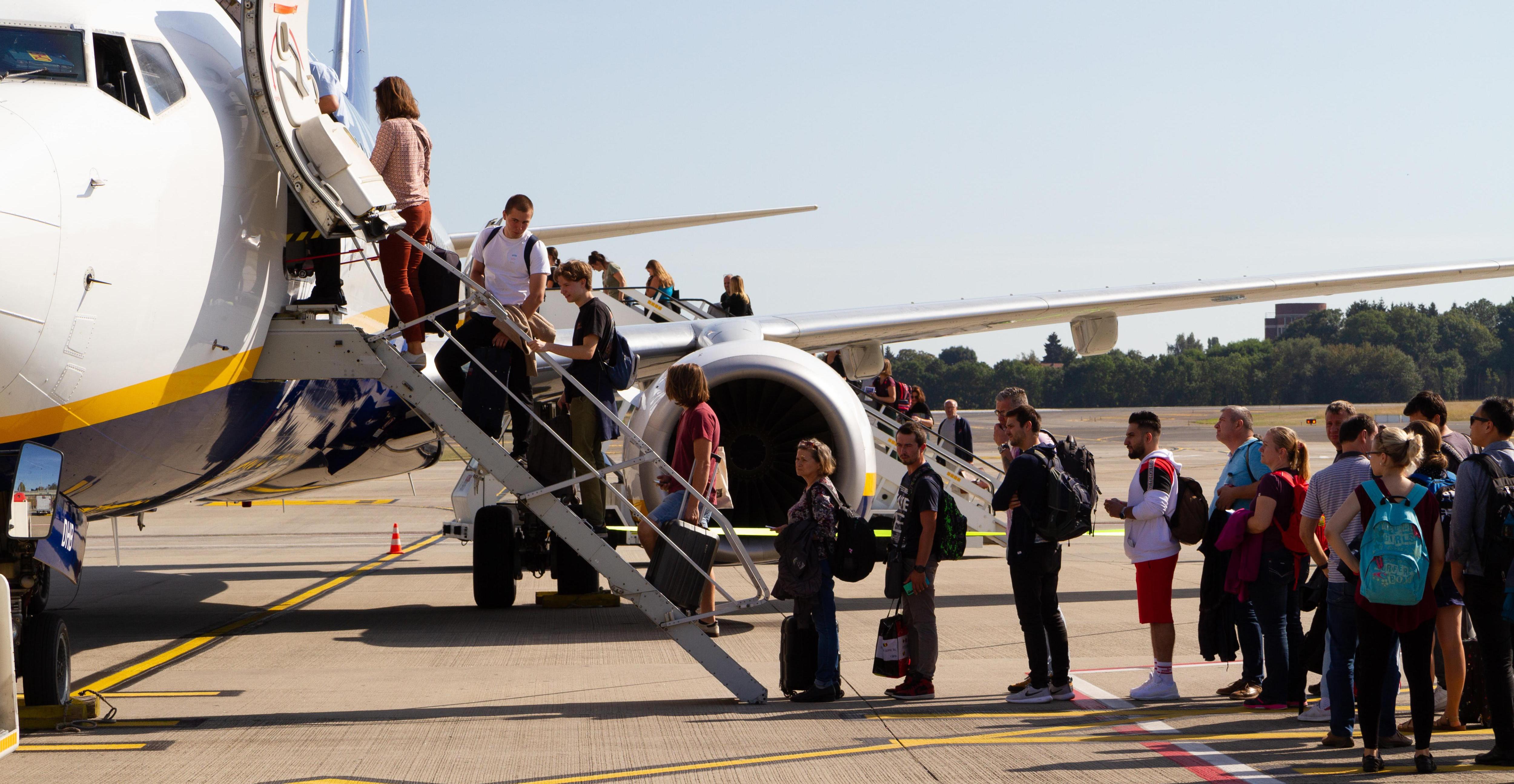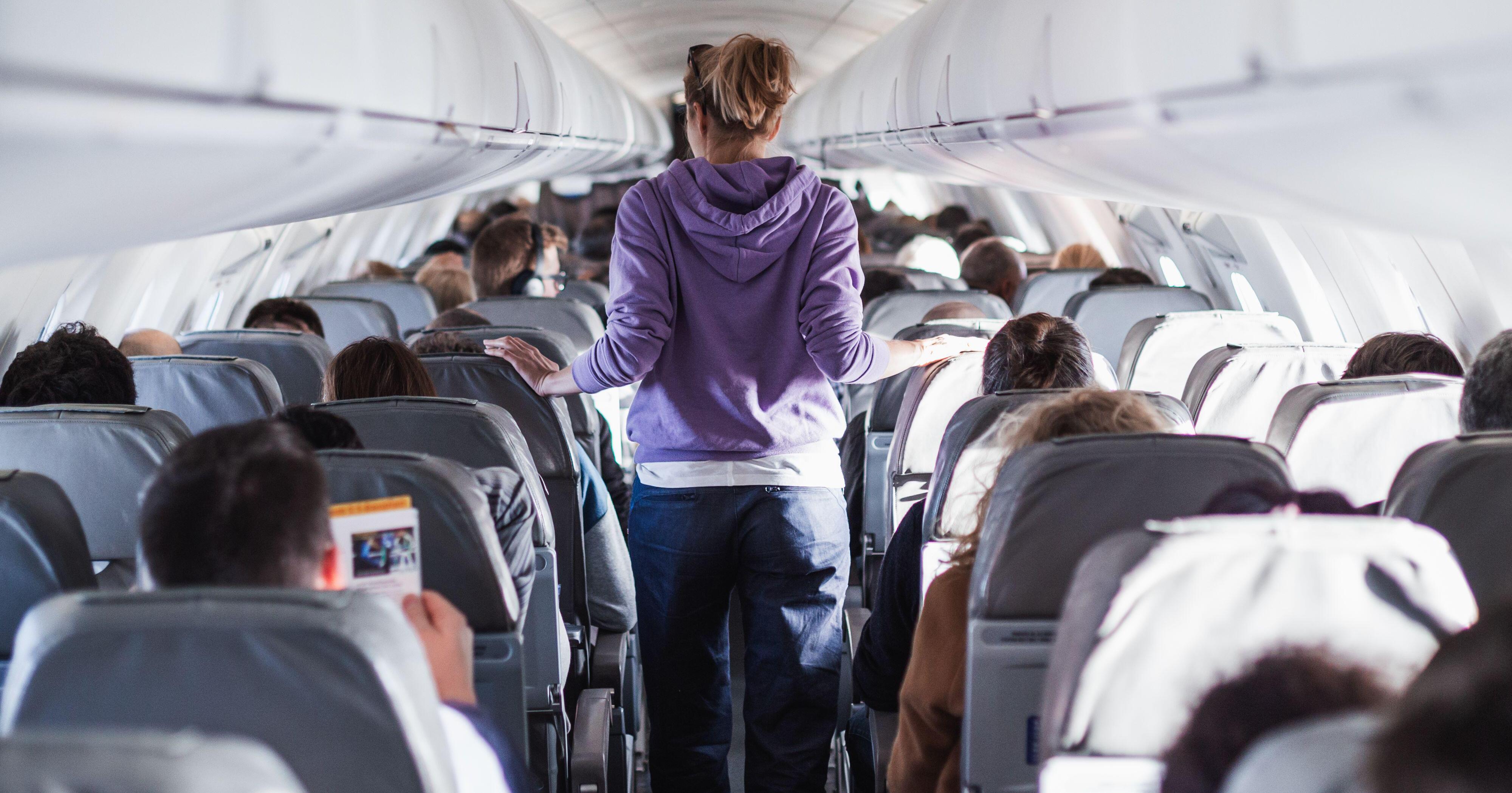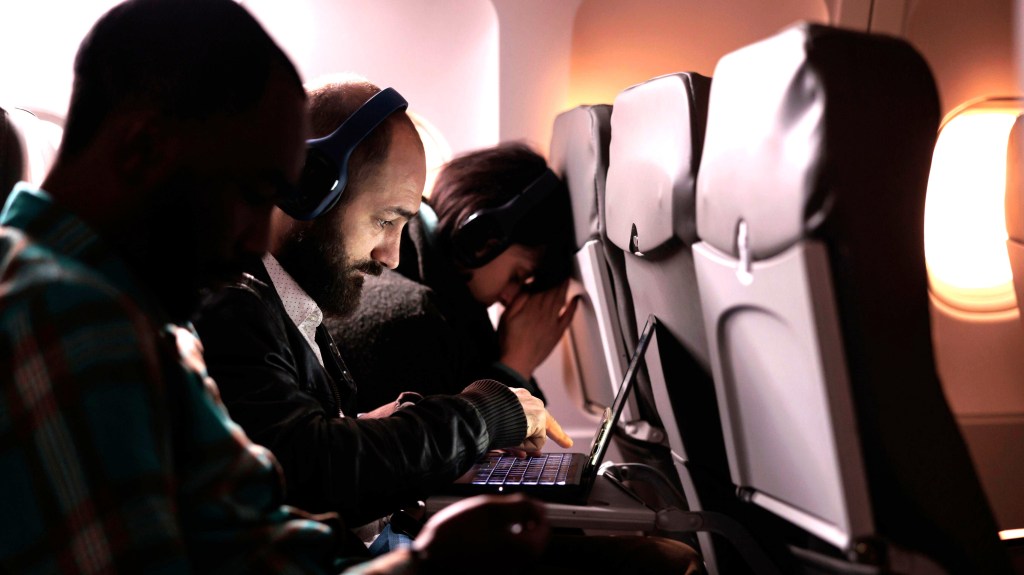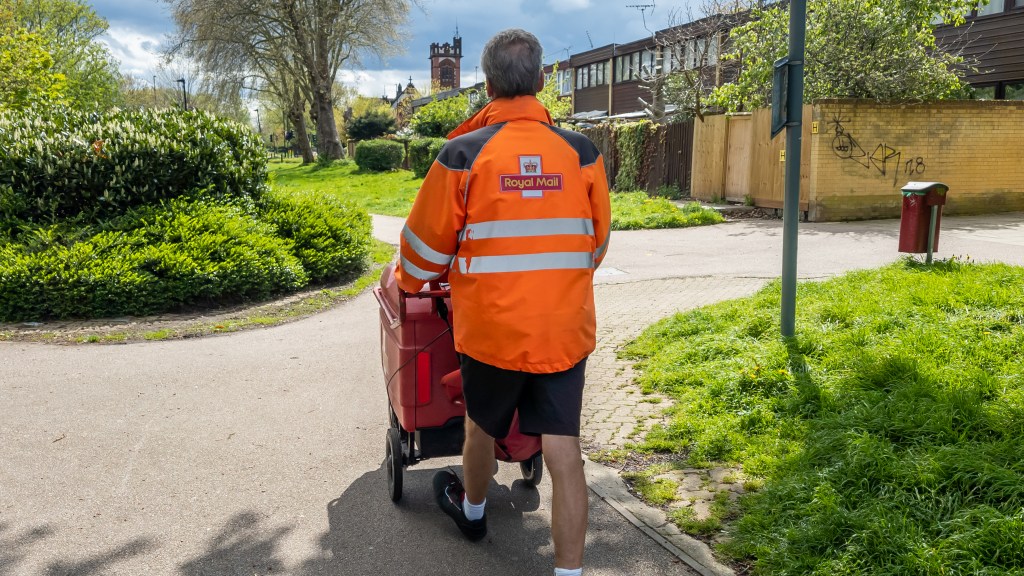Economy Gains Momentum as Business Travel Returns with a Budget Focus
Picture this: A passenger squeezes into a cramped economy seat, laptop bag at their feet, wistfully remembering the spaciousness of business class. Despite their objections, the company mandated budget travel for European trips. Any journey under eight hours is now relegated to economy. Seven long hours of discomfort lie ahead. Welcome to the new business travel era.
The landscape of business travel has transformed dramatically since the pandemic. Covid-19 halted travel, forcing companies to adopt video conferencing. Today, corporate travel has resumed, but with a new cost-and-climate-conscious approach. Economy class is the new norm, and a market segment known as “bleisure” has emerged, blending business with leisure.
Data across sectors reflect this shift. Spain’s largest airline, Iberia, reports corporate traffic at pre-Covid levels. American Express reveals that over 85% of UK businesses plan to sustain or increase travel spending next year, a significant rise from 42% in 2022.

Three-quarters of these businesses consider travel crucial for growth, viewing it as essential for employee development, stronger client relationships (40%), and better market understanding (28%). “Businesses see travel as a growth driver and employee engagement booster,” said Lee Sullivan, Vice-President for UK Corporate and Strategic Sales at American Express.
However, companies are slashing extras. One organization has halved travel expenses by opting for economy on European flights, upgrading to premium economy for U.S. day trips, and reserving business class for overnight journeys. Another mandates economy class for long-haul flights for all but its top executives, with employees sharing hotel rooms.
Data from Travelogix and The Advantage Travel Partnership indicates a 7% drop in business-class bookings from 2023 to this year, with first-class bookings halved. Conversely, economy-class bookings have surged from 71% to 79% in the same period. Overall business travel transactions rose by 17% in the first half of 2024 compared to 2023.
“Global business travel revenues are on the mend, with 2024 expected to surpass 2019 levels at around $1.4 trillion,” stated Andrea Caulfield-Smith, Managing Director of Global Business Travel at The Advantage Travel Partnership.
Despite economic pressures and the upcoming general election, 2024 is projected to outperform 2023 by at least 15.5%, potentially exceeding pre-Covid levels by 6%, according to Adam Richardson, Head of Brand Communication at Travelogix.

A slight year-on-year decline in average transaction value, from £428.82 to £417.54, further signals companies’ desire to economize. This shift to economy class may be driven by both financial prudence and sustainability goals, Richardson commented.
Jeremy Schneeweiss, General UK Manager at Navan, a corporate travel management platform, said: “Our clients increasingly choose economy to save money and enhance in-person connections.” Data from Navan shows that since 2022, economy fares have made up over 94% of bookings. Business-class bookings have decreased by almost 5% in the UK for 2024 and by 3% globally, although they rose by 5% in Europe.
Corporate travelers are increasingly blending work with leisure, extending business trips into holidays or bringing family along. “Travelers are maximizing time and reducing costs by incorporating blended travel experiences, often by including a Saturday night stay to lower fares,” Caulfield-Smith noted.
Navan observed a 124% rise in bleisure bookings last year compared to 2022, with 2024 already surpassing 2023 by 49%. Top destinations for British companies include the U.S., domestic travel, and the UAE.
Hyatt Hotels has also seen this trend, with clients considering family stays when booking business trips. Inquiries for business travel have increased, with over 5,500 bookings for UK properties in the first quarter of 2024, up by 8% from 2023.
Travelodge noted that weather impacted room demand, especially from construction workers, but it’s expected to rebound. CEO Jo Boydell pointed out that business travel patterns have changed, with people staying at hotels instead of commuting due to remote work arrangements.

Sustainability is a key consideration. A first-class long-haul ticket typically emits four times more CO2 than an economy seat. The emissions difference between economy and business class on short-haul flights can be significant. Companies mindful of their carbon footprints are opting for economy as a greener choice.
American Express reports that younger employees are more likely to prioritize sustainable travel. Nearly half of Gen Z workers are collaborating with employers on eco-friendly initiatives, such as increased use of public transport (67%), environmentally friendly accommodations (43%), and extending trips for more efficient meetings (52%).
“Airlines are investing more in sustainable aviation fuels, raising ticket prices and stretching corporate travel budgets,” Caulfield-Smith explained.
Clive Wratten, CEO of the Business Travel Association, noted a shift to rail or ferry when possible. Post-Covid, companies have adopted a more relaxed approach to business travel, balancing corporate responsibilities with leisure for employee well-being.
While sustainability targets and rising costs have tempered the heyday of business travel, it remains essential for corporate growth. Emails and virtual meetings can’t replace the value of face-to-face interactions. “Video-calling works for short meetings, but for multi-day events, travel is rebounding,” travel analyst Alexander Peterson observed.




Post Comment